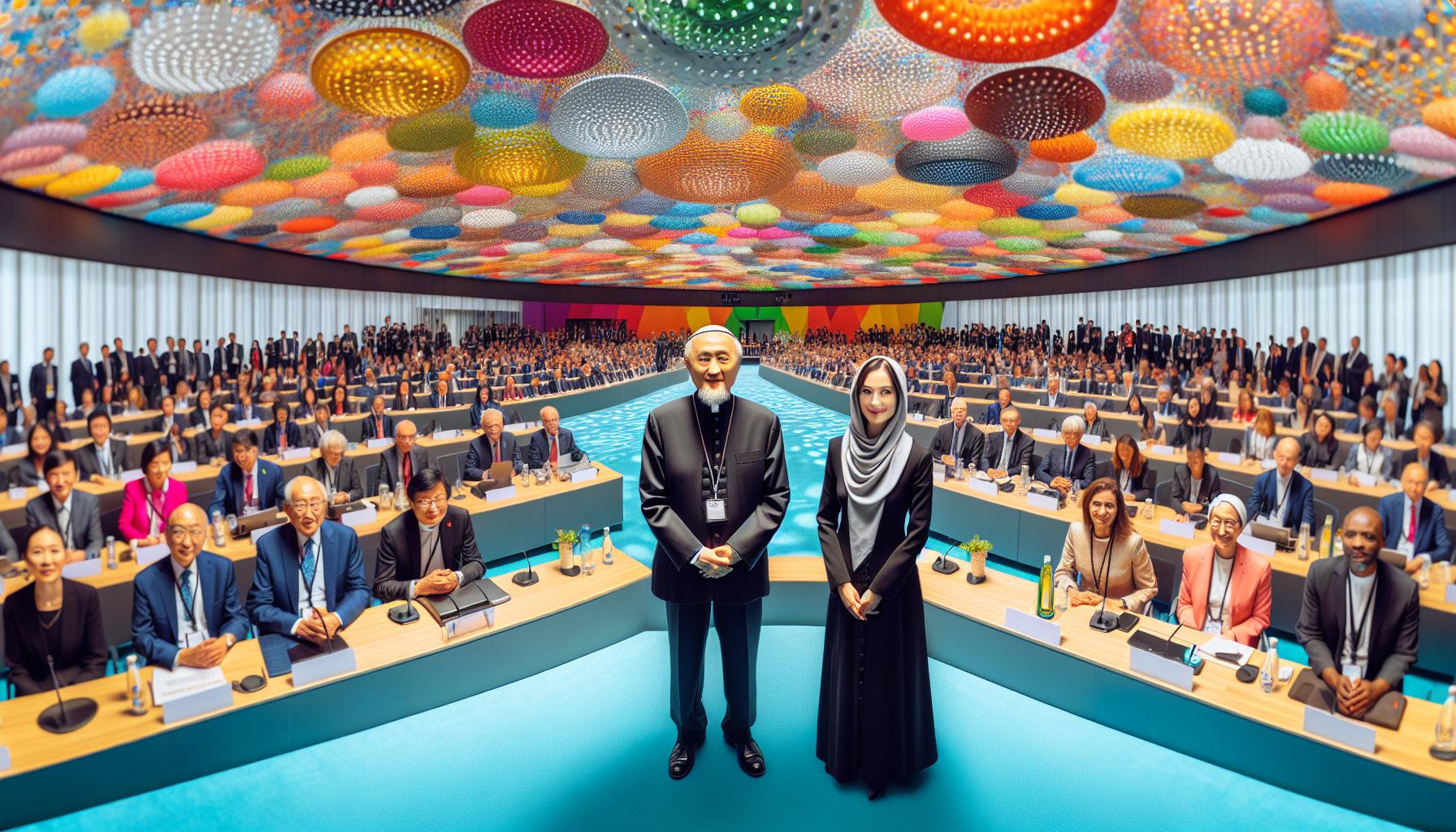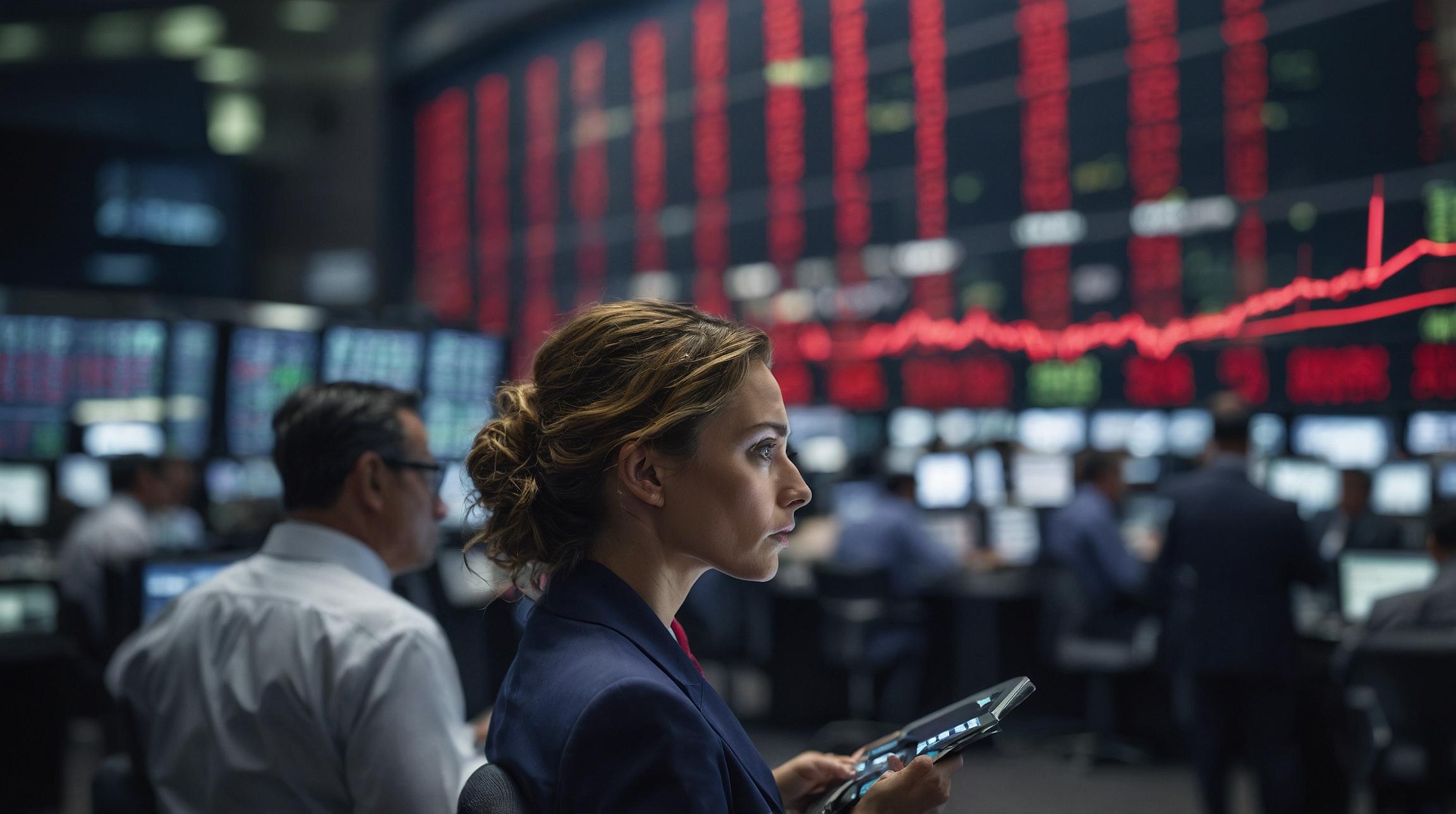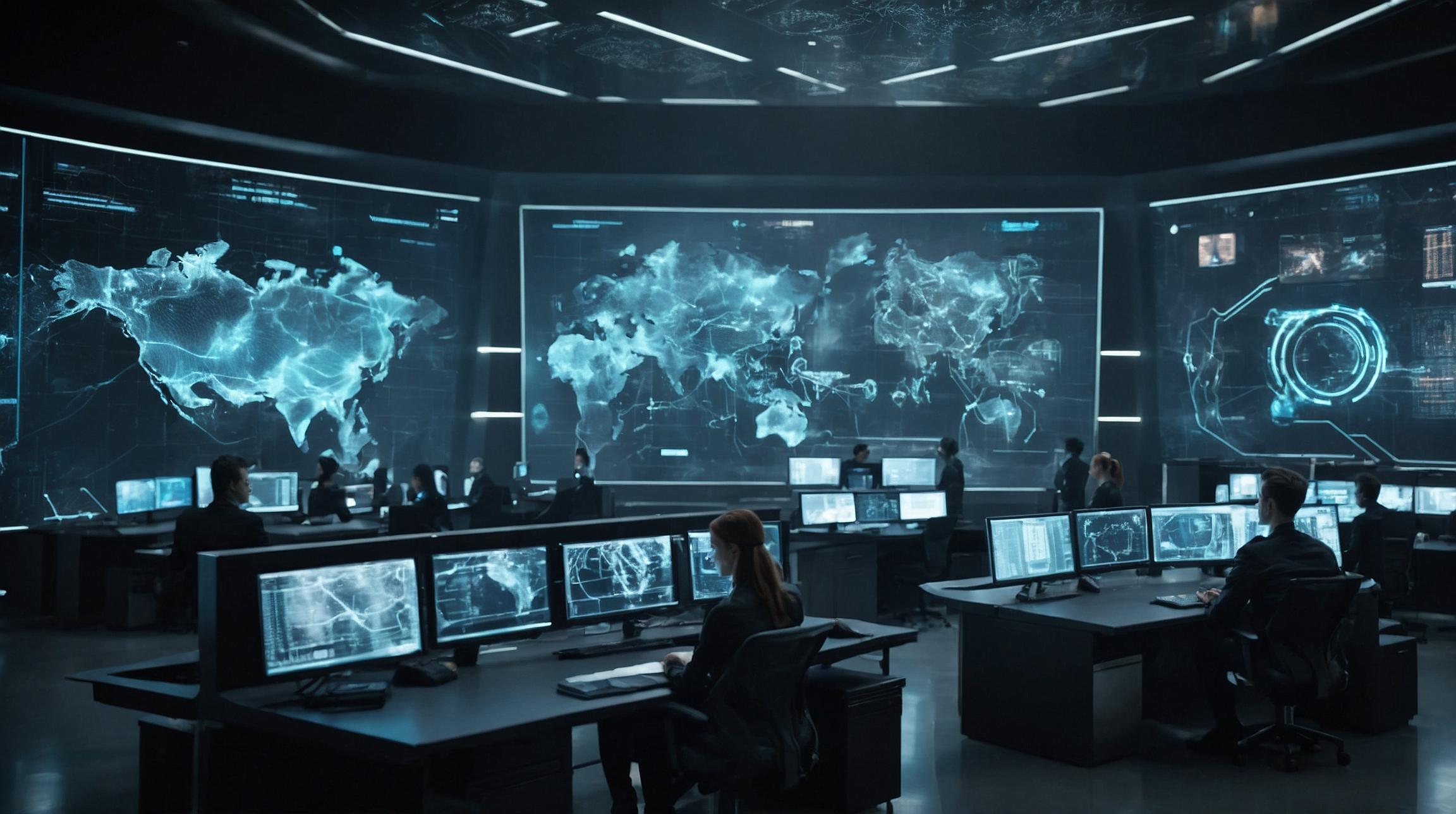Taiwan Calls for Greater Regulation along with Pope Francis
Taiwan’s President Tsai Ing-wen, in a letter to Pope Francis, has called for stronger regulation of artificial intelligence (AI). President Tsai emphasized Taiwan’s commitment to promoting peace and improving the quality of life for all humanity. She also expressed Taiwan’s eagerness to work with the international community in building a more stable society. Taiwan, being a world leader in the semiconductor industry, recognizes the importance of AI and will continue to be a reliable, effective, and secure partner on the global stage.
Taiwan’s Vital Role in the Global AI Development
Taiwan’s largest company, Taiwan Semiconductor Manufacturing Co., plays a crucial role in the global development of AI. The surge in demand for accelerator chips has contributed to the country’s economic rebound, making Taiwan the world’s second-most valuable semiconductor company. Investing in and developing AI tools also helps Taiwan maintain its national security apparatus, especially in the face of growing threats from Beijing.
Ethical Considerations of AI Development Highlighted
President Tsai emphasized the ethical risks associated with AI development in her letter to the Pope. Concerns regarding invasion of privacy, data manipulation, and illegal surveillance arise as AI applications continue to expand. These issues have serious consequences for free and democratic societies. President Tsai acknowledged disinformation campaigns as a major challenge for Taiwan and other democracies. Taiwan aims to deepen cooperation with the Holy See to exercise good technological governance, maintain social harmony and stability, and create a peaceful future for humanity.
Pope Francis’ Call for Global AI Regulation
Pope Francis actively advocates for the ethical regulation of AI, with a focus on peace and the common good. In his message for the 2024 World Day of Peace, titled “Artificial Intelligence and Peace,” the Pope urged policymakers and international stakeholders to guide AI development towards these goals. The risks posed by AI, especially in relation to automated warfare and biased decision-making processes, were emphasized. The Pope stressed that AI should supplement human moral judgment and ethical decision-making, rather than replace them.
The Holy See and Taiwan’s Diplomatic Partnership
The Holy See is a vital diplomatic partner for Taiwan since it is the only sovereign European entity maintaining diplomatic relations with the island. Formal diplomatic relations between Taiwan and the Holy See were established in 1942. Despite the Republic of China government relocating to Taiwan after the Chinese Civil War, the Holy See does not maintain official diplomatic relations with the People’s Republic of China. Taiwan currently maintains diplomatic relations with 12 states, with the recent loss of relations with Nauru following the Taiwanese presidential elections.
Analyst comment
Positive news. As a world leader in the semiconductor industry, Taiwan’s call for greater AI regulation shows its commitment to promoting peace and improving quality of life. It recognizes the importance of AI and aims to be a reliable partner. This will likely lead to increased collaboration with other countries and a more stable society.













